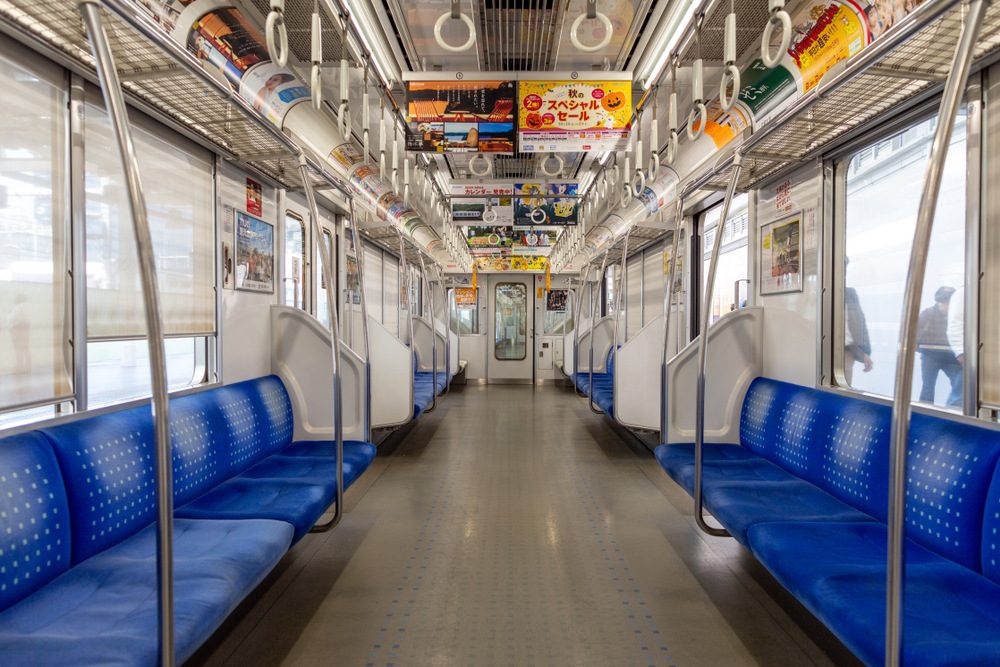TOKYO, Apr 9 (NNN-NHK) – Major Japanese cities, including the capital, Tokyo, became unusually quiet, with many shops closed and fewer people on streets on the first day, after a state of emergency was declared, to contain the fast spread of COVID-19 infections across the country.
The state of emergency will be in place until May 6, and covers Tokyo and other major prefectures, including Kanagawa, Saitama, Chiba, Osaka, Hyogo and Fukuoka. Aside from supermarkets, drugstores and others which provide essential services, many businesses in those areas were closed, following the government’s request for people to stay at home and limit social contact.
Isetan Mitsukoshi Holdings Ltd. closed all of its six Mitsukoshi and Isetan department stores in the metropolitan area, while Matsuya Co.’s store in Tokyo’s Ginza shopping area was also closed. However, sections selling food continued to open at some other department stores.
Meanwhile, movie theaters, bowling alleys and shops inside station buildings were also closed for businesses.
Train and bus companies in the Tokyo area said, they operated as usual on Wednesday, adding that, they may reduce or suspend services, if the government makes a request or if they face a significant decline in users.
Airlines in Japan have already reduced their flights drastically before the state of emergency was declared, but they may further slash flights, if the number of travellers continues to drop.
In some stations in central Tokyo, the number of people was apparently less than usual.
A 59-year-old company executive told local media in front of a station, “On a usual morning, traffic is very busy here, but I feel there are significantly fewer commuters (yesterday).”
“We have employees working from home, but there are tasks that force me to come to the office, such as dealing with documents that need to be signed with a seal,” he added.
Some restaurant chains stay open, but with shorter service hours.
Japan Sport Council, said, it will close two major Olympic training facilities until May 6. During the period, athletes won’t be able to use the Training Centre and the Institute of Sports Sciences, both in Tokyo.
Government officials said, Tokyo reported 144 COVID-19 cases on Wednesday, marking the highest daily increase. The previous high figure was 143 cases logged on Sunday.
The total number of infections confirmed in the capital now climbed to over 1,338, with 1,112 people hospitalised and 31 deaths from the virus, as of Tuesday evening. Across Japan, the number of infections increased to 4,768 as of 6:30 p.m. local time Wednesday.
Japanese Prime Minister, Shinzo Abe, declared a month-long state of emergency on Tuesday, covering about 56 million people, or about 45 percent of the country’s total population.
While it enables prefectural governors to take measures, such as, instructing citizens to stay at home and restricting the operation of schools and other facilities, penalties or punitive measures cannot be issued to citizens or businesses, who opt not to follow requests from prefectural governors.– NNN-NHK






